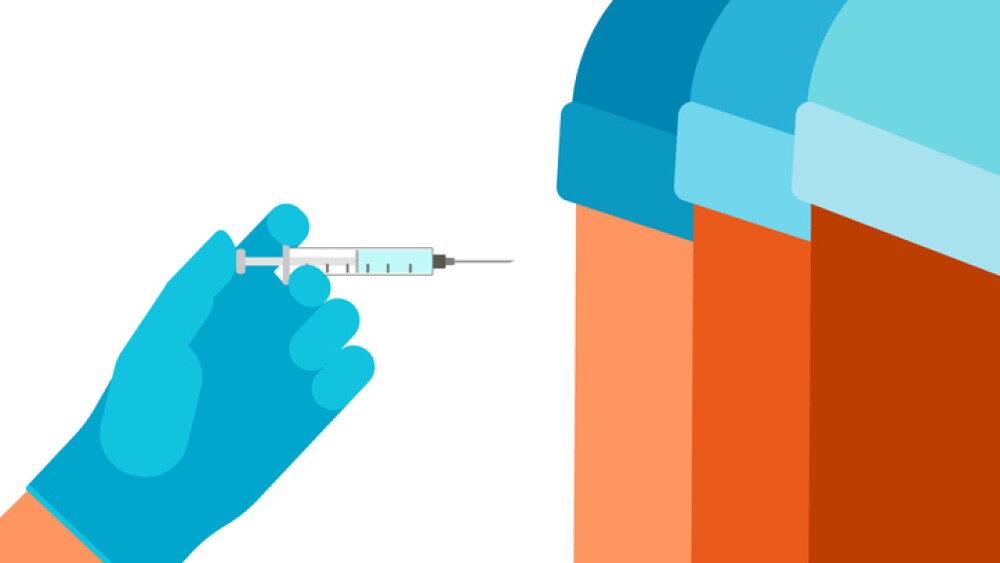CLEVELAND, Nov. 9 /PRNewswire/ -- Researchers at Case Western Reserve University and University Hospitals of Cleveland announced today that the Food and Drug Administration (FDA) has approved plans to begin a study to evaluate the safety of using adult stem cells from bone marrow to treat chronic ischemia, a serious form of heart disease.
The FDA has approved a Phase I study designed to test the safety of the procedure. It will involve injecting bone marrow stem cells at varying doses into the coronary arteries of patients suffering chronic ischemic coronary artery disease, a condition in which one or more of the primary arteries supplying blood flow to the heart are clogged. The study will include patients who are not candidates for angioplasty, stent placement or coronary artery bypass grafting (CABG).
Dale Adler, M.D., vice chair of medicine at Case and UHC, will lead this study. The Harvard Clinical Research Institute (HCRI) has been contracted to help run the trial and will establish an independent data and safety monitoring board to ensure patient safety and data integrity.
"This is a first step in a long process to determine if this method can someday be used to help patients with this heart condition," said Adler.
The trial is one of three ongoing studies in the United States to use bone marrow stem cells to treat chronic ischemia. The procedure will include harvesting stem cells from a patient's bone marrow, capturing the stem cells, and then infusing the stem cells through a coronary artery so that new blood vessels will grow (neovasculogenesis). The hope is the new blood vessels will replace or supplement those blood vessels that fail to adequately supply oxygenated blood to heart tissue. The method was developed by Mary Laughlin, M.D., a hematologist, and Vincent Pompili, M.D., a cardiologist, both of Case, UHC and the National Center for Regenerative Medicine.
"Traditionally, physicians have been able to prevent heart attack or alleviate its after-effects, but they have not figured out how to initiate the sort of blood vessel repair that remains a key to survival," says Dr. Laughlin. "Now there is a promise of achieving that repair by infusing highly selected marrow stem cells."
Upon acceptance in the study, patients with blocked or damaged heart vessels will be assigned to one of three groups, each made up of three to four patients who will receive a preset dose of stem cell therapy.
The Phase I study is being conducted at University Hospitals of Cleveland with support from the National Institutes of Health, Case, and Cleveland-based Arteriocyte.
Arteriocyte is supporting the study through first installment of a combined Phase I/II "fast track" Small Business Technology Transfer Award grant from the National Heart, Lung, and Blood Institute. The grant is part of an NIH program designed to help the transfer of innovative technologies from an academic setting to the commercial sector and translate research discoveries into therapy for patients.
Cleveland
University Hospitals ofCONTACT: George Stamatis of Case Western Reserve University,+1-216-368-3635; or Alicia Reale of University Hospitals of Cleveland,+1-216-844-5158
Web site: http://www.uhhs.com/




